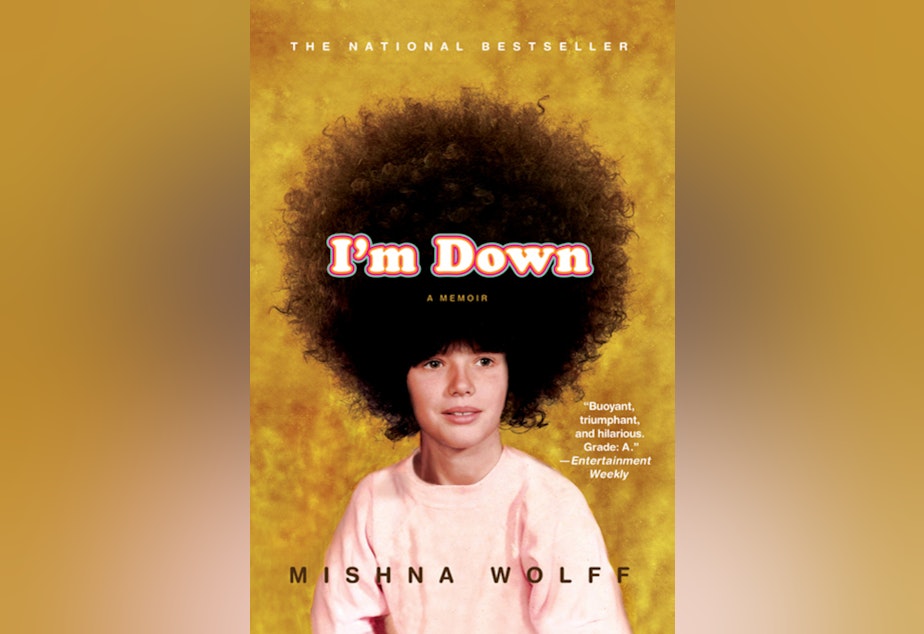'You Couldn't Tell My Father He Was White. Believe Me. I Tried.'

Before there was Rachel Dolezal, there was Mishna Wolff’s dad.
In this 2009 interview, comedian Mishna Wolff tells Steve Scher about her dad, a white man, and how he became a part of Seattle's black community.
He attended Franklin High School and wore "a short perm, a Cosby–esque sweater, gold chains and a Kangol — telling jokes like Redd Foxx, and giving advice like Jesse Jackson."
He was white, but he was "down," Wolff says. “He was still very much a part of the black community. In fact, I think he’s still a Royal Esquire, a black club in Seattle.”
Sponsored
"Does he say, 'I’m black?'" Scher asked.
“It doesn’t need to be said,” Wolff said.
“What does that tell you about how we put people in categories?” Scher asked.
“The book is actually not about being tethered to categories, it’s about being untethered,” Wolff said. “Class and race became these malleable, liquid things that were much less fixed than they had ever been before.”
Before Civil Rights, Wolff said that categories were much more fixed. “This was black, and this was white. This was poor, this was rich.”
Sponsored
After, there was more fluidity in terms of how people could identify and portray themselves. She was shocked, for example, that kids at her wealthy white school would wear ripped jeans.
“I couldn’t figure out why rich kids would wear ripped jeans,” she said.
This episode of Weekday includes callers explaining their own experiences as outsiders in minority communities.
